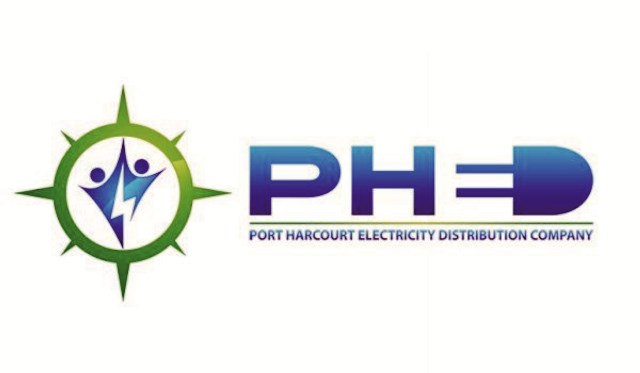Business
PHED, EASYPAY Partner For Bill Payment

The Management of the Port Harcourt Electricity Company (PHED) has entered a partnership with EasyPay International as its new electricity bills collection agent across its operational areas.
The Chief Executive Officer of PHED, Neveen Kapoor, stated this while unveiling the new deal at the headquarters of the distribution company in Port Harcourt, Rivers State, yesterday. He said that EasyPay would be responsible for collection of electricity bill in Akwa Ibom, Bayelsa, Cross Rivers and Rivers States.
Kapoor maintained that the decision of the management in contracting EasyPay International was aimed at expanding the company’s collection network with a view to serving her customers better,
The company executive noted that the firm took into cognizance the cutting edge technology used for operations by the new collections agent.
According to him, “the coming onboard of the highly tested collection agent with proven track record was for administrative convenience.”
Payment made by customers would be online real time. PHED enjoined electricity users in the distribution franchised area to make all electricity bill payments through PHED offices, banks and designated Easypay accredited agents.”
Kapoor re-emphasized that payment of electricity bill promptly would not only sustain PHED in network expansion, statutory obligations, prompt network maintenance but also would boost the entire power industry in the country.
He noted that the new partnership with the collection agent is one of the strategic initiatives by the management aimed at expanding the company’s collections network with a view to improving service delivery.
Speaking to newsmen shortly after unveiling the partnership deal, the Chief Operation Officer, Mrs Joy Sunny Oparaodu said the seamless processing of payment has made EasyPay the smartest choice of all times.
Oparaodu noted that the technology deployed by the collection firm allows easy monitoring of their agents cum money collected from the back end with high level automation.
According to her, “this is a function that puts checks on all the agents’’.
She noted that the integrity and transparency of the company have remained unparallel, noting that payments made hit the PHED aggregator immediately making customers get online real time notification.
Business
Ban On Satchet Alcoholic Drinks: FG To Loss N2trillion, says FOBTOB

Business
Estate Developer Harps On Real Estate investment

Business
FG Reaffirms Nigeria-First Policy To Boost Local Industry, Expand Non-oil Exports

-

 Niger Delta4 days ago
Niger Delta4 days agoBayelsa’s Aircraft Makes Inaugural Flight…As Lawmakers, Oil Minister, NDDC’S MD Hail Diri
-

 Nation9 hours ago
Nation9 hours agoOgoni Power Project: HYPREP Moves To Boost Capacity Of Personnel
-
Nation9 hours ago
Hausa Community Lauds Council Boss Over Free Medical Outreach
-
Nation9 hours ago
Film Festival: Don, Others Urge Govt To Partner RIFF
-
Nation9 hours ago
Association Hails Rivers LG Chairmen, Urges Expansion Of Dev Projects
-
Nation9 hours ago
Traditional Rulers Advise Khana Youths To Shun Politics Of Bitterness
-
Rivers9 hours ago
UNIPORT Moves To Tackle Insecurity … Inducts Security Experts
-
Nation9 hours ago
Foundation Gives Scholarship, Working Materials To Pupils

